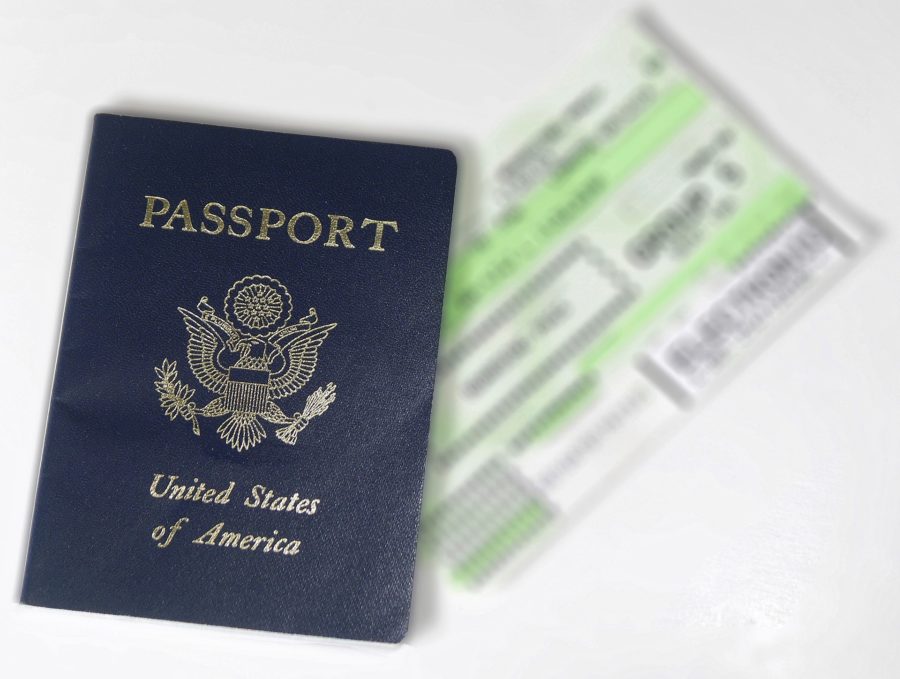I Was Convicted of a Crime; Will That Affect My Immigration Statues?
Non-citizens convicted of a crime bare the risk of facing many consequences, such as losing immigration benefits, deportation, be placed into removal proceedings, disqualification from permanent citizenship or residency status, jail time, and fines.
What Types of Crimes Will Affect My Immigration Statues?
Generally, a conviction that is considered or determined as “crimes of moral turpitude” or a “aggravated felony” may affect your immigration statutes.
Typically under immigration law, non-citizens convicted of aggravated felonies or controlled substance offenses face harsher treatment than those of crimes of moral turpitude.
What Are Some Examples of Crimes That Will Affect My Immigration Statues?
Some common fundamentals of moral turpitude crimes include crimes with the INTENT of harm. The following are some specific examples of “moral turpitude crimes”
- Aggravated assault
- Conspiracy to commit a crime, in some cases
- Acting as am accessory to a crime, in some cases
- Incest
- Larceny
- Murder
- Voluntary manslaughter
- Rape
- Spousal abuse
- Child abuse
- Kidnapping
- Robbery
- Burglary
- Theft
- Fraud
Who determines if a conviction is a crime of moral turpitude?
Immigration officials or judges determine if a crime is considered as a crime of moral turpitude. Generally, the facts, evidence, circumstances that surround the conviction, and the legal language described in penal code, law, or statute violation.
What is Crime of Moral Turpitude?
Unfortunately, the term crime of moral turpitude have never been legally defined, thus officials and judges will turn to case law to determine if a crime is considered “of moral turpitude”.
Thus, typically, courts will look at the intent involved in committing the crime, and whether the crime is considered bad in and of it’s self. Crimes of moral turpitude “refers generally to conduct that shocks the public conscience as being inherently base, vile, or depraved, contrary to the rules of morality and the duties owed between man and man, either one’s fellow man or society in general.” see Medina v. United States,. 259 F.3d 220, 227 (4th Cir. 2001).
Is it Possible to Defend My Immigration Status After Committing a Crime?
Yes. It is possible to argue that your charges do not fall under the classifications of a crime of moral turpitude.
While, you or an immigration attorney can use this defense, it is important to note that using such defense will be dependent upon the language or wording used for the specific law, penal code, or statue you were charged with.
Is there a “get our of jail” free card for non-citizens facing crime of moral turpitude?
You may be able to ask to apply or reapply for a green card as a defense to deportation as well as, 212(h) waiver despite having committed a crime of moral turpitude. Non-citizens can qualify for a 212(h) waiver, if they are:
- Not a threat to national security;
- Never committed an aggravated felony and;
- Must have lived in the U.S for at least seven continuous years before the deportation case was brought against them
Call our office at (310) 943-1171 or contact us via email at [email protected] to schedule a free consultation with our immigration attorney.

